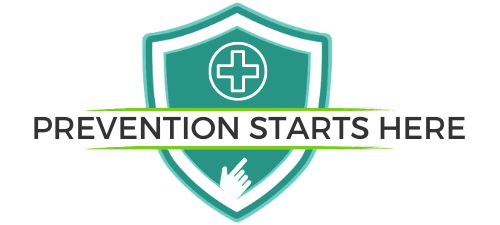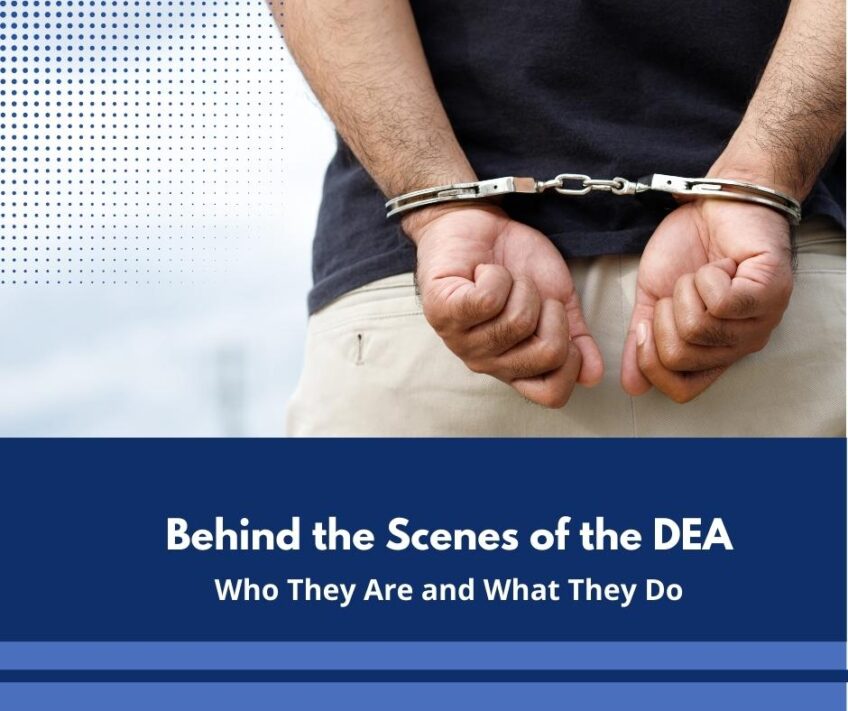DEA stands for the United States Drug Enforcement Administration (DEA). The DEA is an agency of the U.S. Department of Justice responsible for enforcing federal drug laws, as well as controlling the manufacture, distribution, and sale of controlled substances in the U.S. The primary mission of the DEA is to investigate and combat drug trafficking and distribution networks within the country’s borders in an effort to reduce and eliminate drug-related crime and violence both domestically and internationally.
It is also involved in international cooperative efforts to stem international drug trafficking. In addition to enforcing federal laws, the DEA engages in research on drugs, and their effects on individuals and society develop educational programs about drugs, and publishes national anti-drug awareness campaigns targeting children, teens, and adults alike. The DEA’s efforts have resulted in numerous successful prosecutions domestically as well as interdiction efforts abroad leading up to arrests of drug dealers around the world.
The partnership between local police departments around the country is an integral part of the DEA’s successful prosecutions domestically as they share information with each other necessary for local law enforcement’s success in combating illegal drug activity.
History of the DEA
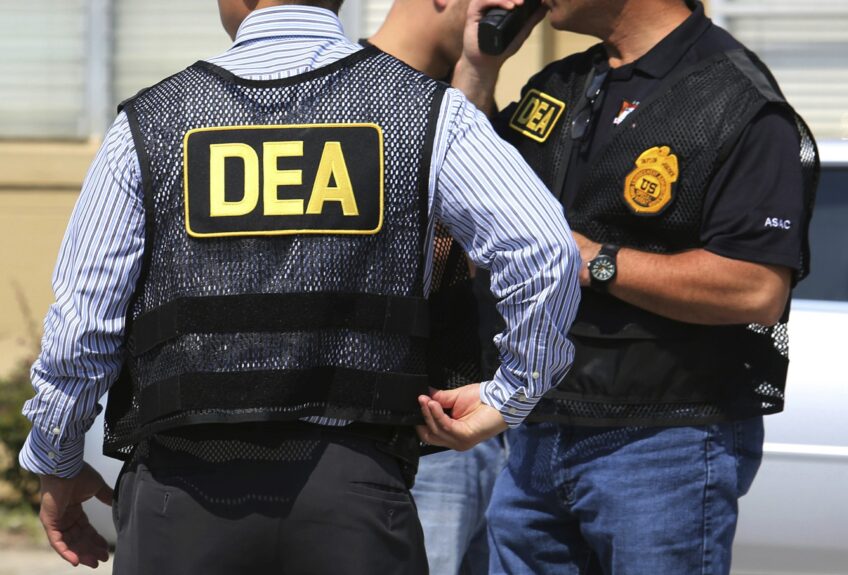
The DEA was founded in 1973 following the passage of the Controlled Substances Act (CSA) by President Richard Nixon on July 1st, 1969, and the signing of the Proveanas Drug Emergency Act in October of 1970 which authorized an interagency task force to combat drug abuse, trafficking, and distribution. The DEA has since been tasked with enforcing all CSA provisions as well as investigating and eliminating trafficking operations within the U.S., with operations extending outside the country as well.
The DEA employs over 10,000 personnel throughout its various offices across America, with its headquarters located in Arlington County, Virginia. In addition to its own police enforcement sector, it also maintains a cadre of specialist agents referred to as Diversion investigators whose priority is to investigate violations related to prescription-controlled substances among individuals and entities that are duly licensed by state laws under U.S. government authorities such as doctors and hospitals, pharmacies, etc., all done so under strict confidentiality rules pertaining to all parties involved in any case concerning said matter at hand.
Since inception in 1973 up until present day (2020), over two million arrests were made by DEA special agents throughout its years of existence with over $40 billion dollars worth of seized drug-related assets being impounded by its officers—all amounting towards removal of many criminal organizations both domestically and abroad whilst providing critical assistance towards national security efforts around the world concerning illicit drugs’ threats against citizens everywhere worldwide without exception or compromise whatsoever—making it one of America’s most proactively efficient law enforcement entities and strongest assets both nationally + intercontinental speaking when it comes to combatting illegal drug trade/trafficking threats against citizens from all walks of life everywhere no questions asked regardless if external or internal affairs on a global scale every step along every corner imaginable when it comes down towards shining light purity/justice across many fronts concurrently.
Structure and Responsibilities of the DEA

The Drug Enforcement Administration (DEA) is a branch of the United States Department of Justice responsible for enforcing the controlled substances laws and regulations of the United States. It works in partnership with other federal, state, local, and tribal law enforcement agencies to combat drug trafficking and use.
It is divided into four divisions: Domestic Operations, Operations Support, Office of Training and Intelligence Systems, and Research & Development. It also has seven regional field offices throughout the United States.
The DEA seeks to reduce supply and demand for illegal drugs by aggressively pursuing traffickers at home and abroad; reducing public health consequences associated with drug abuse; producing an environment hostile to drug interests; preventing the re-introduction of controlled substances; monitoring customer information systems; targeting money laundering activities related to international drug trafficking; creating educational programs aimed at young people; leading cooperative efforts with other law enforcement agencies locally, nationally and internationally to reduce criminal activity associated with illicit drugs. The agency works in close collaboration with international organizations such as Interpol, Europol, International Narcotics Control Board (INCB), customs services, and national intelligence services around the world.
Much of the DEA’s work focuses on infiltrating dangerous criminal organizations that are responsible for distributing controlled substances illegally. The agency works on a variety of investigations including undercover operations, high-tech surveillance operations used in tracking down suspects as well as intelligence-gathering initiatives related to large technical operations such as smuggling airplanes or yachts used to transport drugs from one continent or region to another.
DEA’s Role in the War on Drugs
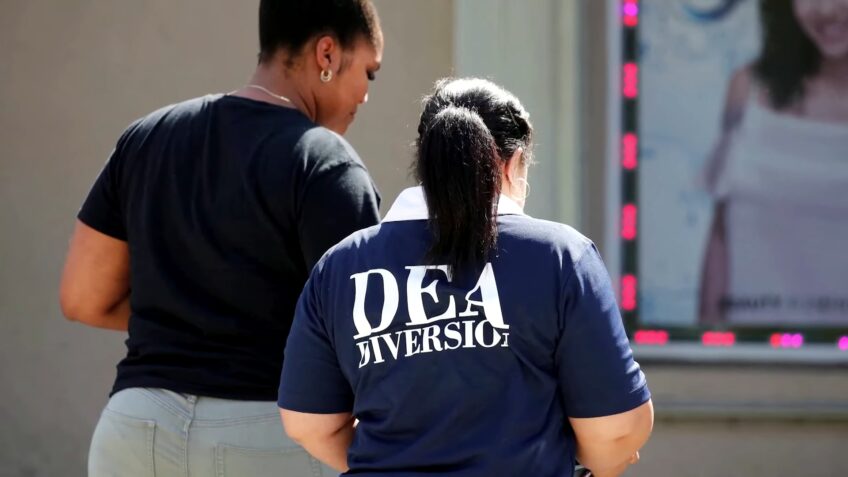
The Drug Enforcement Administration (DEA) is a law enforcement agency of the United States federal government responsible for enforcing U.S. drug laws. The DEA was established in 1973 as part of President Nixon’s War on Drugs to fight drug trafficking and abuse in the United States.
It works to identify, investigate, and disrupt traffickers of illegal drugs throughout the world. The Agency works with other federal, state, and local law enforcement agencies to identify criminal organizations, weaken their infrastructure through arrests, seizure of assets and resources, and increased pressure to prevent them from operating within the United States.
In addition to its investigative activities, the DEA has also been at the forefront of providing education on drug abuse prevention through its National Take Back Initiative which encourages communities to turn over unused prescription drugs for safe disposal. This initiative was created in response to studies that have shown that most abused prescription drugs have been obtained from family or friends’ medicine cabinets.
The Agency also works with international partners on efforts such as Operation Containment which is aimed at preventing illicit traffic of opioids from Central America entering into the U.S., Mexico, Canada, and other countries throughout the North American region. Through such initiatives, DEA is working hard to reduce serious domestic drug problems by providing communities with the information they need while cutting off illegal supply networks whose activities threaten public safety.
DEA’s Impact on Drug Use in the US
It has law enforcement, intelligence, and regulatory responsibilities in both domestic and international arenas. DEA was established in 1973 and since then has been making significant efforts in fighting against illegal drugs.
The main goal of the DEA’s mission is to reduce the availability of illegal drugs on US streets, train state and local police to recognize signs of drug dealing and abuse, identify drug traffickers and organizations involved throughout the world, ensure that controlled substances are not diverted for illegal use, working with all levels of law enforcement to pursue justice regarding major enforcement issues involving all facets of illicit trafficking in drugs or chemicals used for their manufacture.
It works hand-in-hand with the US Customs Service, FBI, CIA, IRS, Postal Service, local police departments, and other Federal agencies to reduce illegal drug activity both domestically as well as internationally. Its enforcement programs are designed to identify traffickers who traffic primarily within the United States as well as those who traffic overseas via multiple means such as air carriers or other modes of transportation.
In decades-long pursuit for justice related to various aspects of illicit trafficking has given DEAs success on different fronts including infiltrating organizations responsible for transporting massive amounts of heroin from Mexico into the USA resulting in arrests of many high-level operators; seizing massive amounts of shipments from South American countries containing over 500 tons marijuana; cracking down on individuals responsible for money laundering activities through financial institutions located overseas; investigating & prosecuting ephedrine importers from Canada which resulted into prevention million pounds ephedrine entering into USA; monitoring diversion prescribed controlled substances which posed miserable effect on public health resulting into imprisonment numerous physicians engaged sales without any prescription amongst other successful accomplishments.
DEA’s Role in International Drug Trafficking
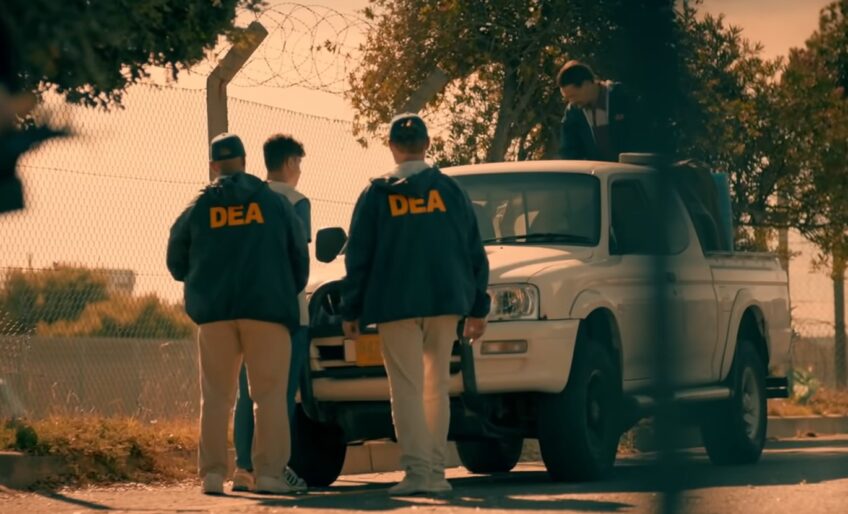
The DEA works both domestically and internationally, developing strategies to investigate and combat international drug trafficking.
Let’s take a closer look at some of the ways the DEA works to combat international drug trafficking.
DEA’s Role in International Drug Trafficking
The DEA is charged with assisting other countries in their efforts to control illicit drugs by providing resources, technology, and training.
DEA’s international presence also includes offices called Country Offices located in over 70 countries around the world. Through these offices, DEA works closely with foreign counterparts to assist them with drug investigations and provides guidance on issues such as asset takeover and forfeiture laws. In addition, these offices provide support for plea agreements between DEA-led investigation agents and defendants of major narcotic-related cases.
In furtherance of its mission to combat global drug trafficking organizations, DEA works closely with its foreign counterparts through the International Drug Control Agreements that have been established between the United States and other signatory nations. These agreements establish a framework that provides mutual cooperation amongst participating members to handle drug violations in an effective manner while protecting the civil liberties of those accused of a crime pertaining to illicit drugs. Through these agreements, shipments can be monitored along borders, sharing of intelligence on suspicious activity can be conducted faster and suspected criminals can face prosecution more swiftly as an example.
This demonstrates how DEA plays a key role in international efforts to combat global drug trafficking by focusing its attention on targeting specific criminal organizations long before their operations make it onto U.S soil; this helps keep our own nation safe from large amounts of narcotics being illegally trafficked or distributed within our boundaries while deterring additional inflow from foreign sources trying to take part in this illegal market altogether.
DEA’s Cooperation with International Law Enforcement Agencies
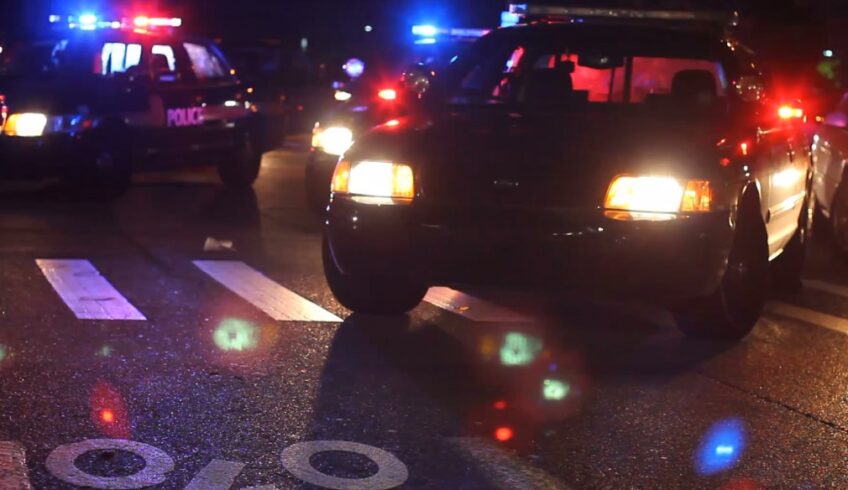
The Drug Enforcement Administration, in collaboration with federal, state, local and international partners, works to combat drug trafficking across the globe. The DEA has an active presence in nearly 40 countries and regularly collaborates with numerous foreign governments to identify and intercept drug traffickers as well as disrupt their networks.
The DEA works closely with other international law enforcement agencies such as Interpol and Europol to conduct investigations and operations targeting criminals involved in the production, manufacture, sale, and distribution of illicit drugs. The DEA also participates in multilateral organizations such as the International Narcotics Control Board (INCB) and contributes regularly to meetings at the United Nations Office on Drugs and Crime (UNODC).
In addition to its collaborations with law enforcement agencies, the DEA encourages government-to-government dialogue on international drug control initiatives. The agency works with foreign partners overseas on a variety of programs including eradication efforts of illegal crops like coca or poppy plants used for cocaine or heroin production; money laundering investigations; chemical treaty initiatives; training programs geared towards building stronger counter-narcotic organizations abroad; global information sharing networks; extradition procedures; operating specialized analysis centers; strengthening counternarcotics legislation efforts; human resources exchange programs involving U.S. prosecutors from U.S Attorney’s Offices; conducting joint military exercises for interdiction activities employing both intelligence gathering tactics augmented by detection/jamming technologies such as radar/BGANs antennas & tactical communications systems (TACCOM).
By actively working together with its counterparts in other nations all over the world, the DEA is striving towards minimizing drug trafficking globally while keeping U.S. citizens safe from harm caused by illegal substances.
FAQs
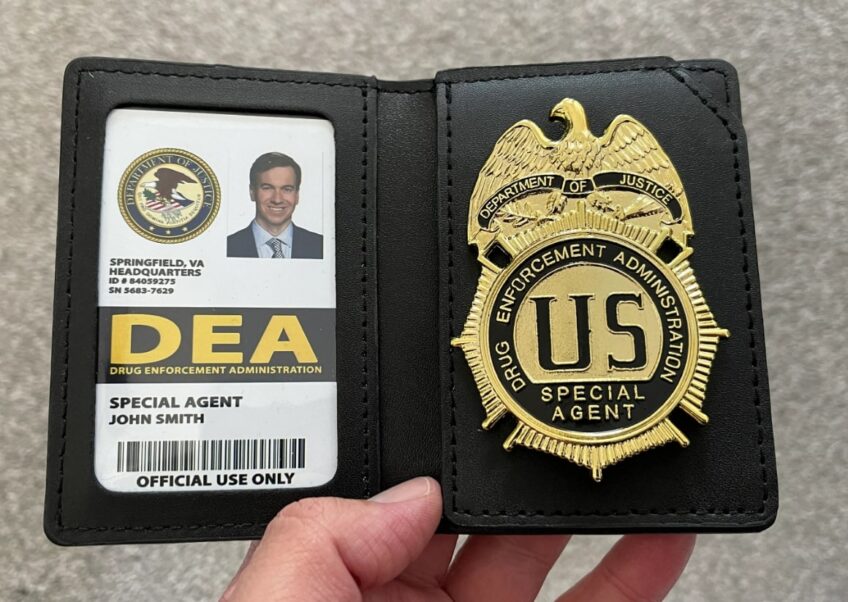
What is the Controlled Substances Act?
The Controlled Substances Act is a federal law that classifies drugs into five schedules based on their potential for abuse and medical usefulness and regulates their manufacture, distribution, and dispensing.
How does the DEA enforce drug laws?
The DEA enforces drug laws by investigating drug trafficking organizations, seizing and disrupting drug shipments, and arresting and prosecuting individuals involved in drug trafficking and distribution.
What penalties can someone face for drug trafficking?
The penalties for drug trafficking vary depending on the type and amount of drug involved but can include fines, imprisonment, and forfeiture of assets.
Can the DEA operate outside the United States?
Yes, it has offices and agents operating in countries around the world to combat international drug trafficking.
What is the role of the DEA in the opioid epidemic?
It plays a crucial role in combatting the opioid epidemic by investigating and arresting those involved in the illegal distribution of prescription opioids, and by working with other agencies to educate the public about the dangers of opioid abuse.
How does the DEA work with other law enforcement agencies?
They work closely with other federal, state, and local law enforcement agencies to share intelligence and resources, and to coordinate investigations and operations.
Can I report drug trafficking to the DEA?
Yes, they have a hotline for reporting drug activity and tips can also be submitted online through their website.
How can I learn more about the DEA?
You can learn more about it by visiting their website or contacting your local DEA office.
Conclusion
The DEA helps reduce the availability of drugs in U.S. communities by conducting investigations that lead to prosecution or civil sanctions against drug traffickers and/or diverting suppliers from their illicit activities through diplomacy, negotiations, and alliances with foreign governments or police forces abroad.
Additionally, the DEA works closely with state, local and tribal law enforcement agencies in order to provide training for officers on how to strategically investigate drug-related crimes and techniques for identifying drug traffickers who may be active in communities all around the country.
The Drug Enforcement Administration also works closely with public health agencies such as the Centers for Disease Control (CDC) and Substance Abuse Mental Health Services Administration (SAMHSA) to take a proactive approach towards prevention efforts regarding drug abuse by playing an integral role in developing community education initiatives aimed at teaching individuals about the dangers associated with illegal drugs and helping families learn how they can get help if they are facing substance abuse issues themselves or within their close social circle.
